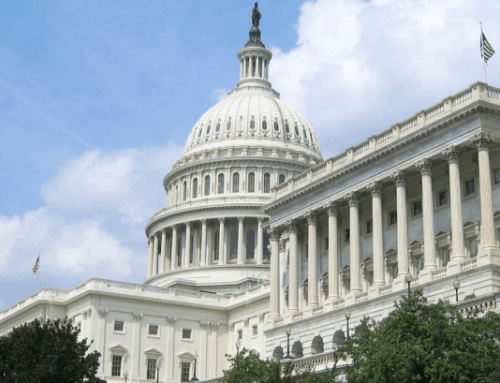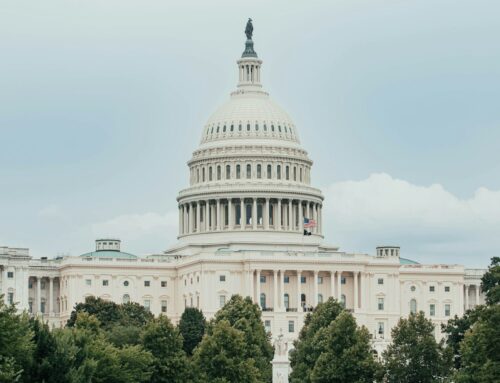Almost everyone in Washington agrees that the time has come to overhaul the tax code. Since the last major reform in 1986, the tax code has become a thicket of special interest breaks and illogical carve-outs that reflect political power rather than sound public policy. And while there is certainly not agreement on exactly how to reform the tax code, we’ve seen the conversation about reform move forward.
Last year, then-Senate Finance Committee Chair Max Baucus, D-Mont., announced the Senate would be taking a “blank slate” approach, signaling to special interests and lawmakers alike that all of today’s tax breaks would be out and arguments would have to be made to justify their inclusion in tomorrow’s reform bill. And just last month, House Ways and Means Committee Chairman Dave Camp, R-Mich., released a comprehensive tax reform proposal that included eliminating a number of tax loopholes that have remained on the books out of either political inertia or successful lobbying strategies. Congress has a long way to go before enacting tax reform, but at least we’ve seen a start.
So it was dismaying to hear that both the Senate and the House would be taking up tax extender legislation in the coming weeks. Tax extenders are those perennial “temporary” tax cuts that get passed year after year, usually by hitching a ride to a must-pass piece of legislation. If history teaches us anything, tax extenders will be passed with little or no debate on each individual provision included in the package.
And to remind you of what kind of tax policies we are talking about, here are a few examples of the extenders passed (repeatedly) in recent years:
- The infamous NASCAR tax break, which gives “certain motorsports facilities” accelerated depreciation on real estate investments.
- Immediate expensing rules for film and television production.
- The Controlled Foreign Corporation Look Through rules, which allow corporations to move income to low or no-tax countries to avoid U.S. taxes.
- Rebate of rum taxes to Puerto Rico and the U.S. Virgin Islands that has been used to build a new distillery for the world’s largest liquor conglomerate.
The problem with tax extenders is not simply that they are illogical policies. They are illogical policies that cost us money – increasing the tax burden for the rest of us or simply contributing to the deficit. And the process by which they become and remain law fuels cynicism about the inability of Congress to address the problems we face in a serious, pragmatic way. What Congress needs to do is debate the merits of our overall tax policy and the reasons why the current structure (or a new structure) would serve American taxpayers and our economy. Extending narrow provisions that enable specific businesses to benefit is almost the precise opposite of what we should be doing on tax policy.
The only glimmer of hope we see in the prospect of tax extenders being taken up by Congress is that perhaps, just perhaps, the Ways and Means and Finance Committees will use this as practice for debating real tax reform. Instead of rolling up a cats and dog package of unrelated tax breaks, debate each one, on paper or in person, and tell us why these particular tax breaks are critical for the whole country. Instead of attaching the bill to a train about to pull out of the station, pass the bill and tell us how we’ll all pay for the giveaways within it.
I’m not going to bet my retirement savings that Congress will use the tax extenders package to model open and deliberative democracy. But here’s hoping that that they also don’t replicate the models they’ve used in past years and steamroll the package through without debate.










